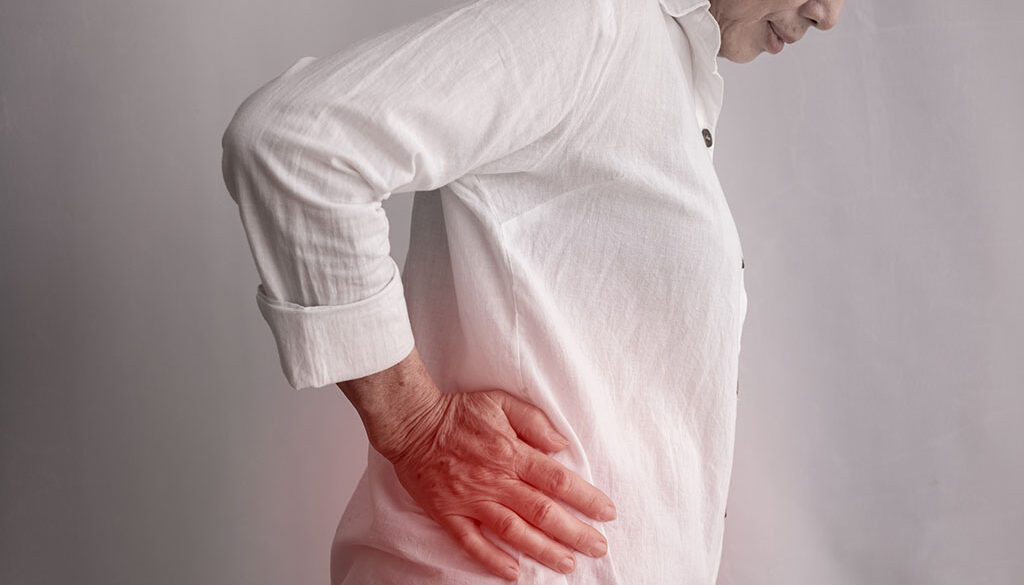What Causes Your Hip Pain When You Walk? Our Treatments Help
You get out of bed and the stiffness and pain greet you every morning. It takes effort just to put on your shoes and socks. It’s a beautiful day outside, and you long to stroll in the sunshine, but you experience hip pain when walking, so it’s out of the question.
Your hips ensure smooth movement, and when you’re in pain, it impacts all your activities of daily living. You have a choice: Either put up with it as a natural part of aging or the result of an injury or seek treatment from one of our board-certified orthopedic surgeons in Raleigh.
So many of our patients come to us, concerned that nothing can be done about their pain. Fortunately, we offer the latest state-of-the-art treatments designed to help them live life to its fullest. We believe in conservative treatment—we will not recommend surgery until after nonsurgical interventions have been unsuccessful. We have witnessed hundreds of patients return to their daily activities without pain after receiving treatment from our leading physicians.
We want you to be able to enjoy that much-needed stroll in the sunshine without hip pain while walking. The following information below will provide insight into your issue and tell you how we can help!
Why Do I Have Hip Pain While Walking?
Every patient is different, and to get to the heart of your problem, we’ll need to evaluate you and take some images so we can get a clear view of your hip’s anatomy.
However, following are some of the most common reasons you may have hip pain while walking:
- Osteoarthritis: This is a degenerative disease that wears away at the cartilage in your joints.
- Bursitis: The bursae are small sacs filled with fluid. They are vital to help cushion your bones near your joints. When they become inflamed, you get the pain and stiffness called bursitis.
- Tendinitis: This is an inflammation of your tendons, which connect your muscles to your bones.
- Injuries: Did you recently fall or injure your leg? Maybe you strained too much playing pickleball or a pick-up game of basketball. Evaluate any activities or events that may indicate you have an injury, and schedule an appointment with us for evaluation.
- Osteoporosis: This is a condition that causes brittle bones that break easily.
How We Can Give You Relief From Hip Pain While Walking
You may have discovered that over-the-counter pain relievers are not helping your discomfort. True relief is not going to occur until you get an accurate and timely diagnosis from our board-certified experts.
Of course, treatment will depend upon the underlying cause of your hip pain. But following are some useful and effective treatments:
- Physical therapy: For your convenience, we offer physical therapy in-house, so you don’t have to go to different locations to get what you need.
- Medication: If over-the-counter medicines have not provided help, we can work with you to find something that works.
- Steroid injections: We have found that this has been a successful solution for many of our patients.
- Surgery: As we mentioned earlier, we don’t rush into surgery. We make sure other treatments have not been effective before we make our decision. This means you can trust us to not make that call unless it is absolutely necessary.
- Lifestyle changes: In certain cases, all that is needed may be reducing the burden on your hip joint by losing weight or wearing proper shoes.
At Raleigh Bone and Joint Surgery Clinic, We Offer Relief for Your Hip Pain
With more than 50 years of serving the community, we remain one of Wake County’s oldest and most well-known orthopedic practices in Raleigh. Our fellowship-trained physicians are dedicated to providing both the most recent state-of-the-art care and compassion to provide effective solutions for your orthopedic problems.
Do you find that your hip pain is continuing despite your best efforts at home treatment? There’s no reason to delay. We can help you return to your regular activities as soon as safely possible. Contact us today for an appointment.
This information is for educational purposes only and is not medical advice. If you have questions or concerns, please contact your healthcare provider.



